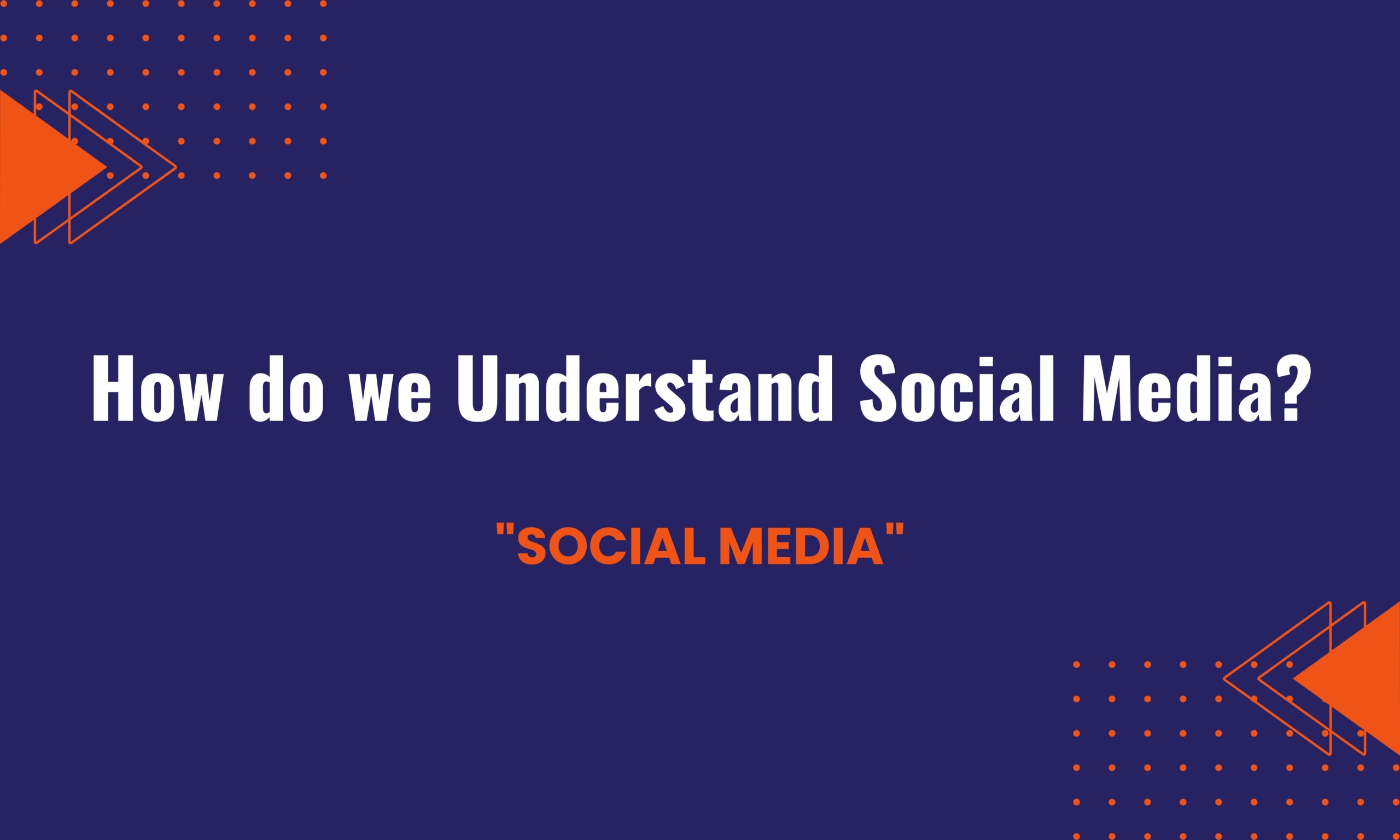Comprehending social media entails analyzing its complex framework, including digital networking platforms, communication, and information sharing.
People and communities engage, share content, and change perceptions in this dynamic environment.
The importance of social media basics is found in its capacity to spread ideas and amplify voices while having debates about algorithmic biases, disinformation, and privacy.
What is Social Media?
The main form of internet-based real-time communication is social media. It creates, shares, and exchanges material via concepts and data virtually across groups and networks.
The numerous social media platforms that exist now and are still expanding make it possible for people to communicate in this way at any time and from any location.
Modern communication relies heavily on social media, which fosters conversation among relevant friends and audiences through likes, shares, and comments.
It allows us to digitally introduce ourselves, develop our brands, or, as marketers, explain what a company offers, interact with clients, and much more.
Types of Social Media
Let’s discuss the various platforms of social media for entrepreneurs.
This is a comprehensive list of sorts that shows the kinds that are most common among social media users.
Messaging apps
Group and private chatting features are available on well-known social media platforms like Messenger and WhatsApp.
They are now essential for interpersonal communication, and companies use them to provide customer service.
Platforms for sharing media
Videos and pictures can be shared as media. Snapchat and Instagram are two social media apps that share photos; TikTok and YouTube are two that share videos.
Social networking sites
Among social networking services, Facebook, LinkedIn, and Twitter are the most widely used ones.
These are intended to help users connect with people with comparable backgrounds or interests.
With postings, messages, and comments, users of social networking sites can create a network of friends or contacts and stimulate conversation.
Benefits of Using Social Media
Social media offers a wide range of benefits. These are a few of the most common ones:
Build your brand
Social media enables you to engage with people and provide fascinating personal information, which helps you develop your brand.
You can get followers on social media by sharing material; those followers will be interested in what you say.
Considering the audience has already interacted with the content producer on social networking sites like Facebook and Twitter, it also fosters a sense of trust between them.
Suitable for instructive purposes
You can expand your audience and establish your brand with social media. To get people to follow you on social media, sharing pertinent information or content with this audience can be helpful.
Sales will rise due to this helping to market your company or item.
Stay up to date
By following individuals on social media pursuing their goals, you can remain updated with developments in your field or across the globe.
You can find out about brands and companies that pique your interest by following them and learning about their latest offerings of goods and services.
Conclusion
Social media has significantly shifted how people communicate, interact, and engage with the world. Its widespread impact has changed social conventions, political environments, and communication styles.
Social media poses many obstacles in addition to unparalleled connectivity and self-expression potential.
Problems, including false information, cyberbullying, and mental health issues, are becoming more and more common.
Thus, it’s imperative to follow a balanced approach to social media usage that prioritizes digital literacy, critical thinking, and responsible online behavior.

